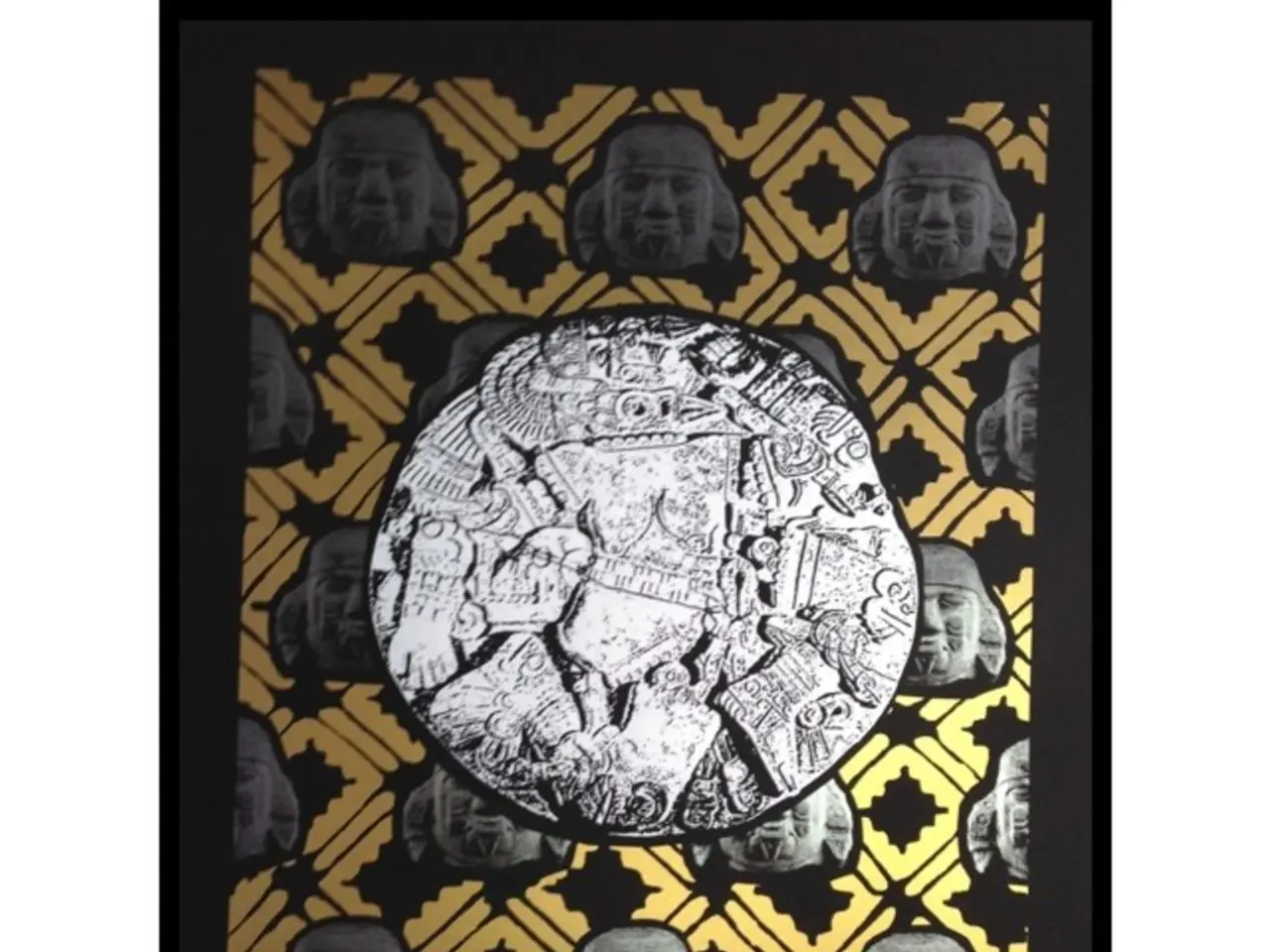Artificial Intelligence Influencing Aesthetics: Prominent Technology Reshaping Contemporary Ideals of Attractiveness
In the ever-evolving world of technology, Artificial Intelligence (AI) is making a significant impact on the beauty industry. However, concerns have been raised about the perpetuation of biased beauty standards due to imbalances in training data and the reproduction of social stereotypes embedded within AI algorithms.
AI systems, for instance, tend to favour women with even skin tone, smooth texture, and minimal facial lines, often portraying them with smaller noses and high cheekbones. This over-representation of lighter skin tones and stereotypically "attractive" features leads to biased aesthetic judgments and the exclusion of diverse beauty expressions.
Racial bias is another significant concern, with 62% of AI-generated "beautiful women" having medium skin tones and about 90% showing predominantly European facial features. This perpetuation of biased beauty standards can be seen in various aspects of the industry, from recruitment to marketing, where AI may assign a "beauty premium" favouring certain gender and appearance norms.
To address these issues, several steps are being implemented in the beauty and fashion industries and AI development. One such step is the diversification of training datasets, actively gathering and incorporating images and data representing diverse skin tones, body types, ages, and ethnicities to reduce skewed representation.
Another approach is the development of ethical AI training paradigms, which critically examine and mitigate bias in AI models. This includes transparent auditing of aesthetic judgments and addressing paradoxical biases.
Improving AI tools, such as skin analysis in beauty, to function accurately across a wide range of skin colours and conditions is another key strategy. This helps avoid harmful inaccuracies and promotes inclusivity.
Fashion brands and media voices are also increasingly acknowledging AI's role in perpetuating standards and calling for solutions that go beyond cosmetic fixes to confront deeper cultural biases.
AI implementation has also revolutionised marketing strategies, resulting in customised customer experiences that lead to 40% higher conversion rates. Brands like L'Oréal work with external experts who check their algorithms to match inclusivity goals. Quality-diversity algorithms are used to create synthetic datasets that measure diversity through skin tone, gender presentation, age, and hair length.
However, challenges remain. For instance, TikTok's Facial Recognition Technique ranks people on a 1-5 'Facial Beauty Prediction' scale, strongly favouring Caucasian features.
The European Union, along with countries like Australia, Japan, and the United States, has set standards to use AI responsibly, requiring companies to test their AI systems regularly against known standards to find differences between demographic groups.
As AI continues to shape up to 70% of customer interactions by 2027, according to McKinsey, the beauty and fashion industries are taking strides towards creating AI systems that better reflect an inclusive spectrum of beauty standards rather than reinforcing narrow, biased ideals.
The beauty industry's increasing reliance on Artificial Intelligence (AI) has raised concerns about the perpetuation of biased beauty standards due to imbalances in training data and the reproduction of social stereotypes embedded within AI algorithms. For example, AI systems tend to favor lighter skin tones and stereotypically "attractive" features, leading to biased aesthetic judgments and the exclusion of diverse beauty expressions.
To mitigate this issue, efforts are being made in the beauty and fashion industries, AI development, and marketing to implement diverse training datasets, ethical AI training paradigms, and accurate AI tools across a wide range of skin colors and conditions. These strategies aim to reduce skewed representation, avoid harmful inaccuracies, and promote inclusivity.
As the European Union, Australia, Japan, and the United States set standards for responsible AI use, the beauty and fashion industries are committed to creating AI systems that better reflect an inclusive spectrum of beauty standards, departing from narrow, biased ideals and moving towards a more diverse and equitable representation in the future.




